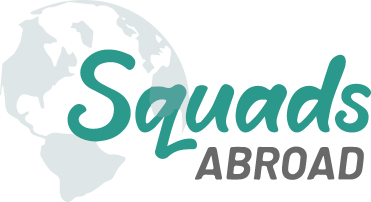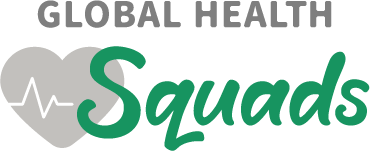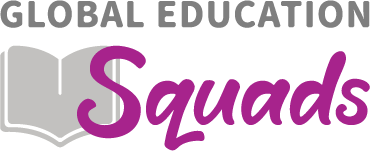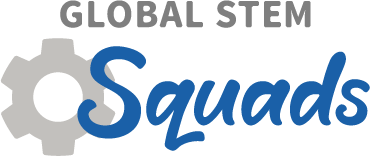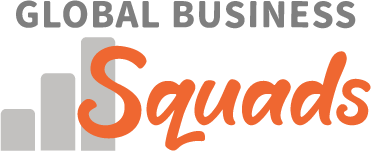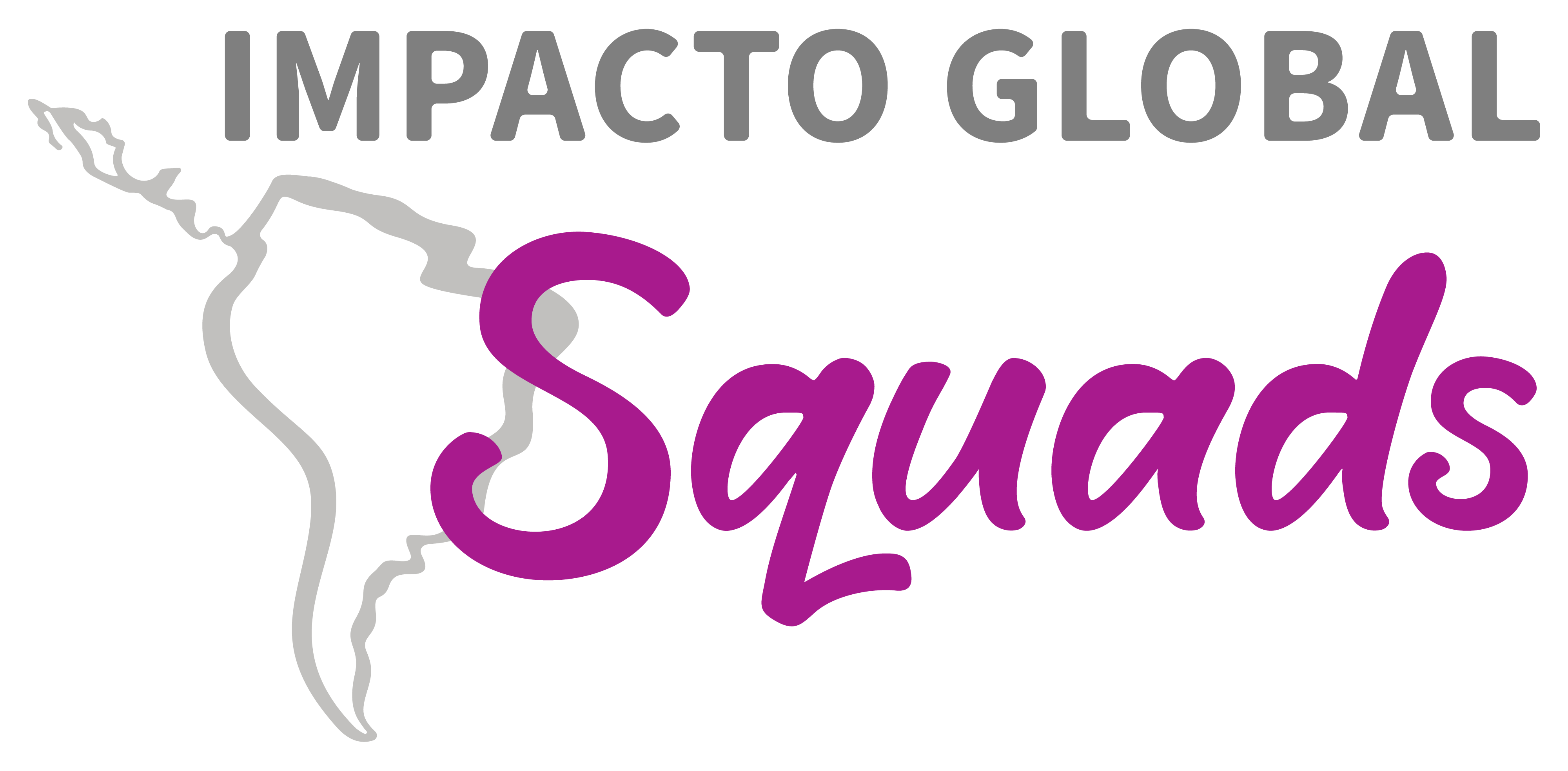Apply civil engineering fundamentals to develop and present a full water system proposal for a community in a rural community.
PROGRAM DESCRIPTION
Our bilingual on-the-ground engineers guide students and local Water Councils through the design of a community-wide water system in a rural and resource-limited community. The curriculum immerses students in the program methodology of a live global water intervention: community selection, water council interviews, geo-mapping, government collaboration, needs assessments, and monitoring & evaluation practices. Students design the GPS community mapping of the water system from the water intake source (well) to the higher elevation storage tank and design supply routes to homes in the community. Students analyze a rapid needs assessment of the population and project growth in the community to determine the size and specifics of the storage tank. Students calculate water pressure and pipe diameters utilizing EPANET software to design and size out the piping infrastructure. The final deliverable includes a presentation of their design and project report to the local Community Water Council and our local teams so they can be constructed in the future.
In addition to our skill-based learning objectives, building cultural competence is integrated into the course to increase the quality of services and improve outcomes with community partners.
LEARNING OUTCOMES
Students that successfully complete the Engineering Program will be able to:
- Discuss issues impacting the access to clean water and sanitation in rural communities in a developing country.
- Analyze and assess the community’s water and sanitation needs that impact the community’s health and wellbeing.
- Learn to resolve technical engineering challenges related to water system design and implementation in a different cultural context.
- Use water design software applications to develop and design a proposal in collaboration with the community committee.
- Develop a budget and costs projections for the water system plan.
- Prepare and present a water system plan to the community water committee.
PROGRAM OVERVIEW
MODULE 1: Introductions and Organization Overview
Our Facilitator provides an overview of Squads Abroad (SA), our parent organization, Global Brigades (GB), and its Water, Sanitation & Hygiene (WASH) program. Discussion on how WASH fits within a holistic development model and UN Sustainable Development goals. Introduction to the country and its water systems. Self-paced activity: Group reviews presentation on the WASH programs (water, sanitation, and hygiene).
MODULE 2: Community Context and Challenges to Clean Water
Introduction to the community including profile, region, and map coordinates. The facilitator describes major issues to accessing clean drinking water. Using the GB website, internet resources, and TeleSquad presentations to substantiate their responses. Self-paced activity: Students research pressing issues that face rural communities in the area.
MODULE 3: Meeting the Water Council
Facilitator leads a video introduction with a Water Council from the community partner. Self-paced activity: Students review the specific water and sanitation challenge to their selected community, testimonials from community members, and results of previous visits.
MODULE 4: Technician Site Visit 1: Community Assessment
Virtual field visit: recording of a technician in the community demonstrating how they use GPS and map the water system. Examine the community for existing wells, tanks, cisterns, and home connections when present.
MODULE 5: Technical Training: GPS Mapping
Facilitator demonstrates GPS Mapping software so that students will be able to use it as a resource for their project.
MODULE 6: Technical Training: Epanet
Facilitator demonstrates Epanet software (a webtool that models water distribution systems). Group views previous water system designs so they can get familiar with Epanet software and the scope of deliverables they will create.
MODULE 7: Technician Site Visit 2: Preliminary Charting
Group begins charting where they plan to replace any infrastructure and analyze the data to start the design phase. Self-paced activity: Students split up into teams of 4-6 volunteers to begin planning the water system design and budget.
MODULE 8: Water Quality Testing & Guidelines
Our technician visits the community to collect a water sample from the drinking source to be analyzed for quality. Facilitator reviews the various contaminants that we will be testing for and introduces and the WHO Water Quality Guidelines that serves as comparative measure. Self-paced activity: Based on engineer’s feedback, volunteers edit water design and begin working on their presentation for the community.
MODULE 9: Working Session with Engineer 1: Project Design
Group has a working session with the engineer to provide feedback and guidance on their project. SA facilitator gives the second presentation on WASH program methodology and an overview of monitoring & evaluation practices. Self-paced activity: Based on the engineer’s feedback, volunteers edit water system design and begin working on their presentation for the community.
MODULE 10: Working Session with Engineer 2: Project Design
Group has a working session with the engineer to provide feedback and guidance on their project. Finalize draft of the budget. Self-paced activity: Based on the engineer’s feedback, volunteers continue editing water system design and begin working on their presentation for the community.
MODULE 11: Working Session with Engineer 3: Budget Analysis
Working session with our Engineer to discuss the water system budget including Rough Order of Magnitude (ROM) estimate and report. Findings to be assembled in a Spanish PowerPoint presentation of the project to be shown by the local team to the Community Water Committee. Self-paced activity: Based on the engineer’s feedback, volunteers edit designs and prepare the final presentation for the community with a script to be translated by the SA facilitator.
MODULE 12: Water System Design and Budget Review
Teams submit a video presentation along with designs to the SA facilitator for translation and final review. Self-paced activity: Based on the engineer’s feedback, volunteers edit designs and prepare the final presentation for the community with a script to be translated by the SA facilitator.
MODULE 13: Presentation to the Water Council
Water system presentation is delivered to the Water Council for feedback. SA facilitator provides an overview of the project’s next steps toward construction and the cost recovery model of financing it. Self-paced activity: Group makes any changes to the design based on community feedback.
MODULE 14: Data Impact Reporting and Final Reflections
SA facilitator guides a reflection with the group and a Q & A about the usefulness of the project. The group is encouraged to advocate and help raise funds to implement the project. Self-paced activity: Receive a certificate of completion.
GET IN TOUCH
Click to schedule a call with our Program Director to learn more about our programs and how we can support your group in making an impact abroad!
